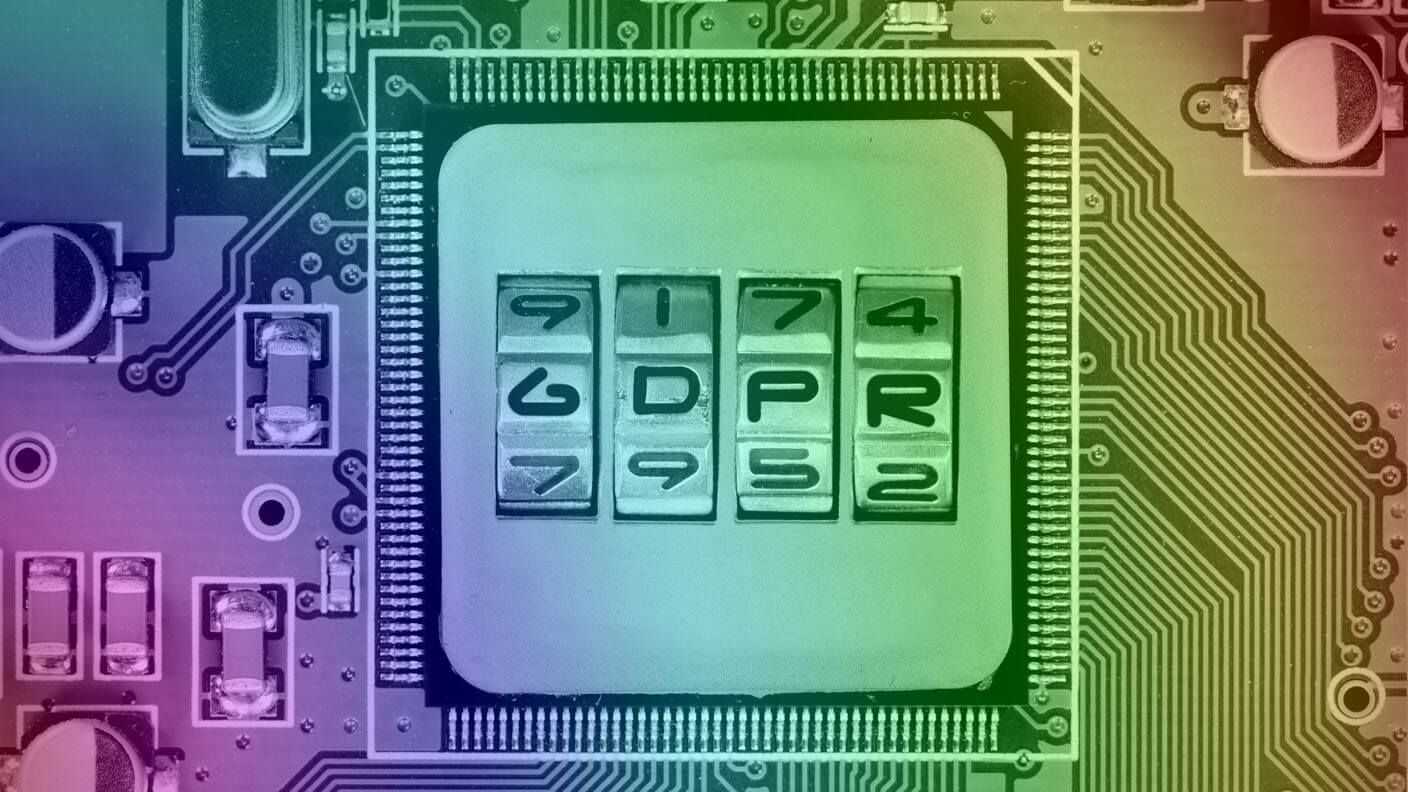
Originally shared by Adafruit Industries
Rihanna on Education #MakerEducation
https://blog.adafruit.com/2018/09/22/rihanna-on-education-makereducation/
A compelling piece from Rhianna in the Guardian on the state of education in developing countries. She addresses some great points highlighting the need for more resources and the power an education can have (especially for gender equality).
The lack of access to education for children around the world is a massive problem, but that does not mean we should throw up our hands in despair and surrender. Instead, we need to take on as much of the challenge as we can manage to set an example and see the difference. This is what has driven me to prioritise global education in my philanthropy and advocacy work. The notion that millions of children are desperate to go to school and are not given the opportunity is something I cannot accept.
Read more
https://blog.adafruit.com/2018/09/22/rihanna-on-education-makereducation/


